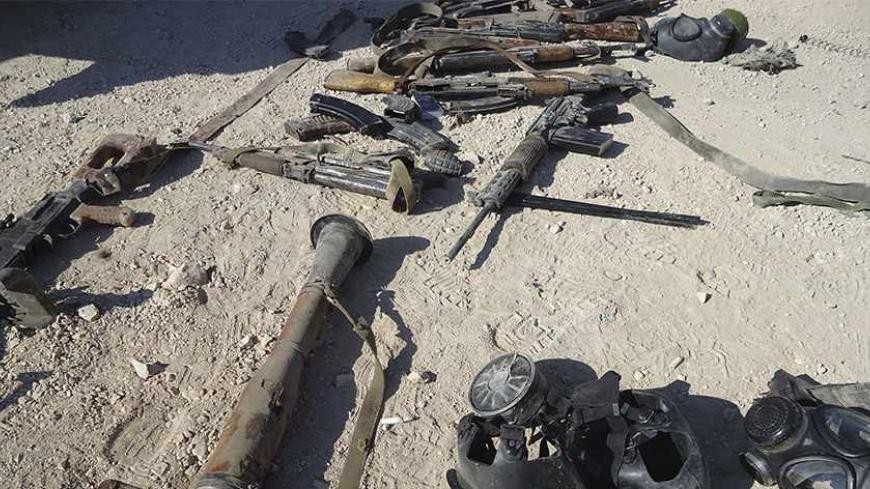Will Turkey’s cutting off logistical support to al-Qaeda in Syria, and discriminating between al-Qaeda-affiliated organizations and moderate groups under the Free Syrian Army banner, be enough to extricate the country from the Syrian morass? Reports leaked from the Turkish National Intelligence Service and other security agencies are instilling fears of a boomerang effect in Turkey, which is trying to give the impression that it has intensified border security. Illegal activities by armed groups who, until September, appeared to be enjoying impunity, are now finding their way to police and judicial records, indicating there may be some changes.
Some revelations and confessions are causing confusion regarding what Turkey is trying to achieve. For example, on Nov. 8 Turkish Prime Minister Recep Tayyip Erdogan described the seizure of a truckload of ammunition as "showing Turkey’s sensitivity," and therefore an indication of Turkey’s anti-al-Qaeda operations. But the police were hoping to find narcotics in the truck, not guns, since they had received a tip on narcotics smuggling. If the tip had been related to weapons, perhaps the truck would not have been stopped. We gather this much from the court statement of L.K. the truck driver.



